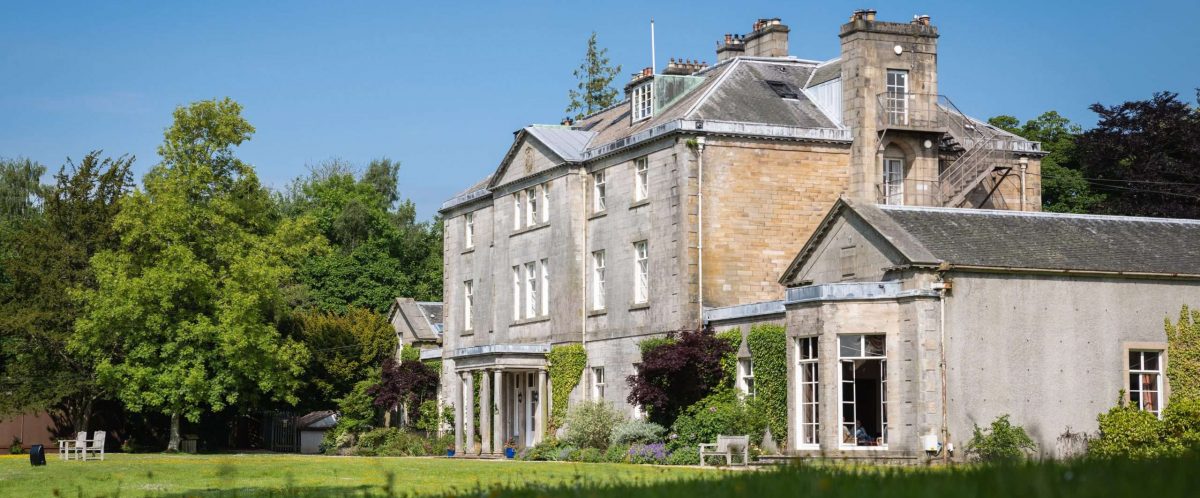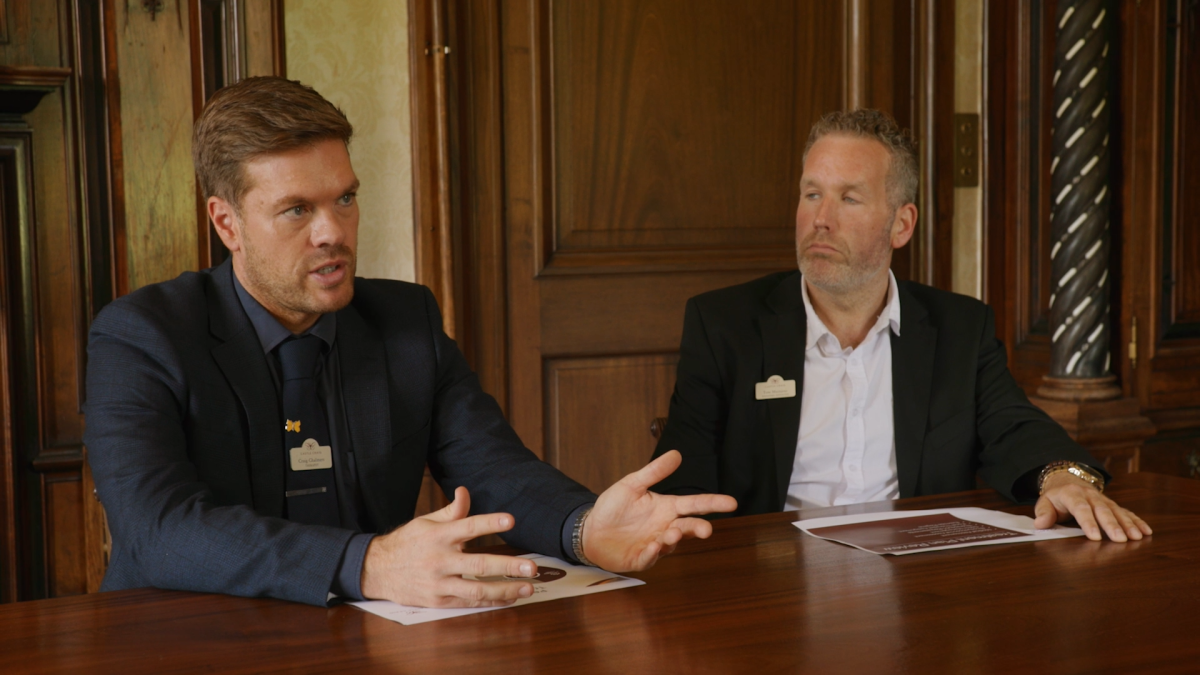
Leading Addiction Treatment in the UK

Download Our Brochure
Our Success Rates
There is a vast body of evidence to show that residential treatment for addictions can enable people to lead drug-free lives. It’s important to note that rehab programmes’ success rates will differ depending on the type of addiction, therapies used, and each patient’s circumstances.
So, while it may be difficult to find accurate statistics on rehab success there are plenty of studies that highlight how certain approaches are effective in treating different addictions.
Length of stay plays one of the biggest roles in determining the success of rehab programmes. Patients receiving the recommended 90 days of medically assisted treatment have shown greater outcomes when it comes to long-term recovery.
Those who continue with recovery treatment for three years or more also have lower relapse rates than those on MAT for under three years.
I am looking for help and advice for Alcohol | Drugs | Gambling
Castle Craig Success Rates
At Castle Craig, we strive to provide the highest standard of treatment and the results show that our programme is effective.
Outcomes from a Cohort of Patients at Castle Craig Hospital, 2015*
- 73.4% out of 158 respondents were totally abstinent from all drugs or alcohol at follow-up (after one year).
- 91.8% of those questioned were either living with reduced alcohol or drug use or abstinent.
- 81.6% were classed as a “good outcome” by the independent reviewers.
Our treatment is very successful. It is evidence-based, and the evidence is independently verified.

Treating Addiction Since 1988
Why Rehab Works
Private rehab treatment provides patients with a safe and comfortable environment in which to begin their journey to recovery. Round-the-clock care means your detox is supervised and help is on hand should you need it.
Environment
One of the main benefits of Castle Craig – and one of the reasons it works so well – is that patients are removed from their familiar surroundings and have access to drugs and alcohol. Completing treatment at a residential clinic allows them to focus primarily on their recovery programme in a safe and comfortable environment.
Ownership
The therapies offered at Castle Craig are designed to encourage patients to take ownership of their circumstances.
Without anyone or anything else to blame, he or she must come to terms with the fact that they or alone are responsible for changing their addictive behaviour.
Tailored Programme And Support
We offer bespoke treatment programmes and ongoing support, which is not available through community services. On arrival, each patient is assigned a focal therapist, who will then work on creating a therapy programme to suit their needs.
Continuing Care
Research into addiction treatment continues to show that ongoing care and support play a key role when it comes to achieving long-term recovery. Castle Craig offers a 24-week continuing care programme, designed to ensure a smooth transition from rehab, identify relapse triggers, and learn coping skills to handle cravings.

Patient Testimonials and Satisfaction Surveys
250 patients were surveyed at Castle Craig between July and December 2015.
- 98% graded their overall treatment as good, very good, or excellent.
- Categories that were graded good, very good, or excellent by over 90 per cent of patients include – nursing care (95%), detoxification (97%), individual therapy and group therapy (99%), staff support, and family therapy (100%).
In 2009 we surveyed 150 patients receiving treatment at Castle Craig.
- Overall satisfaction in the first phase of care: 87% with the categories of ‘Nursing Care’, ‘Individual Counselling’, ‘Detoxification’, ‘Group Therapy’, and ‘Staff Attitude’ all scored 90% or more.
- Overall satisfaction in the second phase of care: 82% with individual therapy, group therapy, and family therapy all scoring 90% and above.
What Makes Our Treatment Successful?
Castle Craig employs some of the leading authorities on the subject of alcohol and addiction. In addition to following the latest developments and research in our sector, we attend and present at conferences and commission our own research. Because of our high reputation, staff opinions and contributions are often sought out by the media.
We do not believe in a one-size-fits-all approach when it comes to addiction treatment. Therefore, our team of dedicated therapists works hard to create a programme tailored to each patient’s needs.
Relapse Does Not Mean Failure
Relapse is an incredibly common part of recovery, and it’s important to understand that a relapse does not mean treatment or recovery has failed. Recovery involves learning to use healthier coping strategies in place of problematic behaviours like substance misuse. A bump in the road can often be disheartening, but it does not mean all the hard work was for nothing. See preventing relapse.
Cases of relapse also occur in many other types of chronic illness and can be an opportunity for therapists to find alternative solutions and better target treatment.
Long-term recovery requires maintenance, positive lifestyle changes, and new ways of thinking. Relapse does not mean failure; it may be time to try a new treatment or adjust the current treatment approach.
Back to Addiction Treatment Programme.
Alcohol Addiction Success Stories
Peter’s Recovery Journey
Peter shares his journey of overcoming alcoholism and how Castle Craig helped him reclaim his life. Watch to hear more about his transformation and how his life has changed since finding recovery.